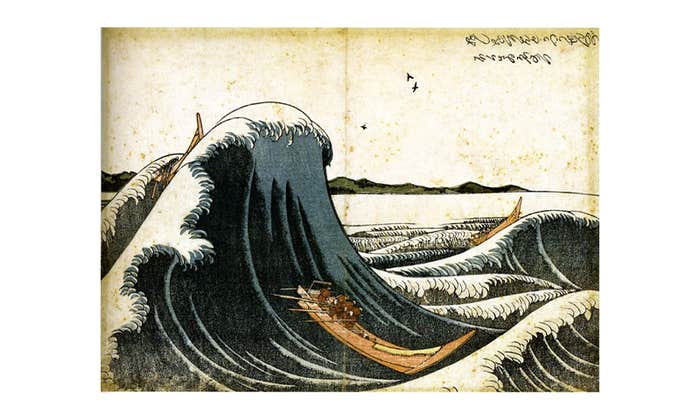Robbert Dijkgraaf will sometimes let himself drift back to his childhood attic in the Netherlands. It was there that he did some of his first physics experiments, playing with discarded binocular optics that his father kept stacked in boxes. As he has risen to take the leadership of the Institute for Advanced Study, one of the world’s most prestigious academic institutions, those early experiences have not lost their power. “It’s very important to go back to the origin of your passion,” he says.
They have also helped to shape his ideas about science education. Like many educators we talk to, Dijkgraaf has a strong opinion on classroom technique: Let students experiment, wander, discover, inquire, and fail if they need to. But instead of preserving the natural enthusiasm every child is born with, Dijkgraaf feels we are teaching them to unlearn their innate scientific ability by focusing too much on goals and testing: “There’s a much more direct way for children to connect to what I feel is the basic element of science. It is not the knowledge per se, but the method, the romantic feeling that there’s this vast ocean of knowledge to be explored and you can jump in.”
In this animated short, Dijkgraaf takes us back with him to that childhood attic in Ridderkerk. You can add your own story at spark.nautil.us.






























